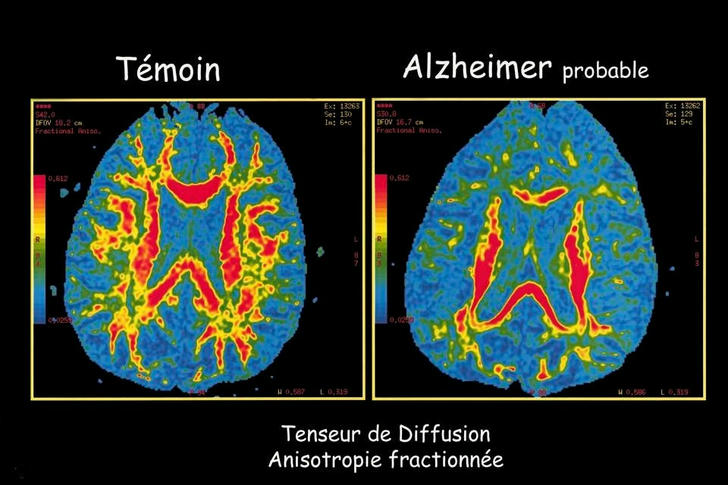Strategies to Reduce the Risk of Dementia for Everyone
Brain Health

Recent studies have provided more insights into ways to maintain a healthy brain, which should be a part of your overall lifestyle. Here’s a summary of expert recommendations:
- Eat Brain-Boosting Foods: Incorporate foods rich in healthy fats like avocados, olive oil, and nuts into your diet while limiting animal fats. Opt for pesticide-free fruits and vegetables, fatty fish, and whole grains.
- Stay Active: Engage in daily physical activities that elevate your heart rate, such as brisk walking. Regular chores, gardening, and other forms of movement are also beneficial and should be consistent.
- Sleep: Many Americans suffer from sleep deprivation. Aim for 7-9 hours of quality sleep each night to support brain health. Think of sleep as a way to “take out the trash,” clearing out harmful substances that can damage brain cells.
- Manage Stress: Stress is a part of life, but how you handle it matters. Develop a stress management plan that includes exercise and daily practices like meditation to help you cope.
- Foster Social Connections: Social isolation can negatively impact your health, including increasing the risk of dementia. Building and maintaining community connections may require effort, especially for those who are shy or introverted, but it's essential for your well-being. Treat it as a crucial aspect of your health routine.
Many people find it challenging to break habits they're accustomed to. If you’re feeling fine, making changes might not seem urgent. However, maintaining an unhealthy lifestyle can increase your risk of developing dementia. Some people might think, “I don’t want to make a lot of changes; I’ll just live a shorter life.” But the reality is, you could develop dementia, become dependent on others for care, and live with cognitive impairment for many years. For instance, Alzheimer’s disease is a progressive condition that can take up to 20 years from diagnosis to its final stages.

